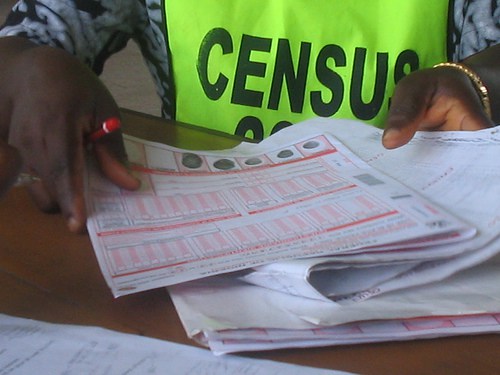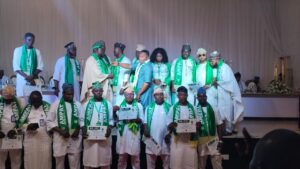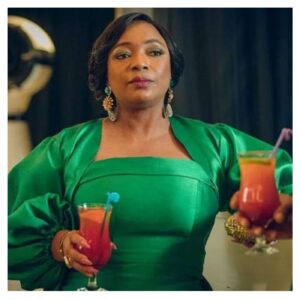Census: Sagbama chairman inaugurates committee for transparent population data
[ad_1]
As the National Population Commission (NPC) prepares to conduct the fifth national census in the country, Sagbama Local Government Area of Bayelsa State, has inaugurated a committee to ensure that no indigene of the area is left out.
Inaugurating the committee following a directive by the state governor, Douye Diri, the local government chairman, Mrs. Jack Ayebaye Jacqualine, said her efforts are to ensure a smooth data collation in the forthcoming national census.
She said that the member who were formally inaugurated at the council’s Conference Hall in Sagbama, are the Director of Administration and General Services, Divisional Police Officer (DPO) of Sagbama, Head of DSS in Sagbama, Census Controller of Sagbama, National Orientation Agency (NOA) officer in Sagbama and the Council’s Information Officer.
Jacqualine further said that the committee was set-up to address some inaccuracies in the last census and to work with the NPC to make the correction where necessary ahead of the 2023 census exercise.
She said: “In the 2006 census figures, Bayelsa State had a population of 1,704,515. That figure was not correct. But we are hopeful that the next exercise will give a more reliable and acceptable figure.
ALSO READ FROM NIGERIAN TRIBUNE
“So, I expect you to work with the NPC’s officials who have the capacity to deliver a credible, reliable, valid and acceptable population figures for Sagbama Local Government Area.”
The NPC’s Federal Commissioner in charge of Bayelsa State, Mrs. Gloria Izonfuo, has hinted that the 2023 census would be digitalised in line with United Nations’ principles and recommendations for the 2020 Round of Population and Housing Censuses.
Speaking during the stakeholders’ summit on the 2023 Population and Housing Census that held in Government House, Yenagoa, Mrs. Izonfuo promised that the commission would deploy technology that will enhance data quality during the exercise.
She expressed the commission’s commitment to deliver credible and reliable census, as well as ensure that the results of the exercise are acceptable to Nigerians while the quality of data to be generated meets the international standards for planning and development purposes.
[ad_2]















Post Comment